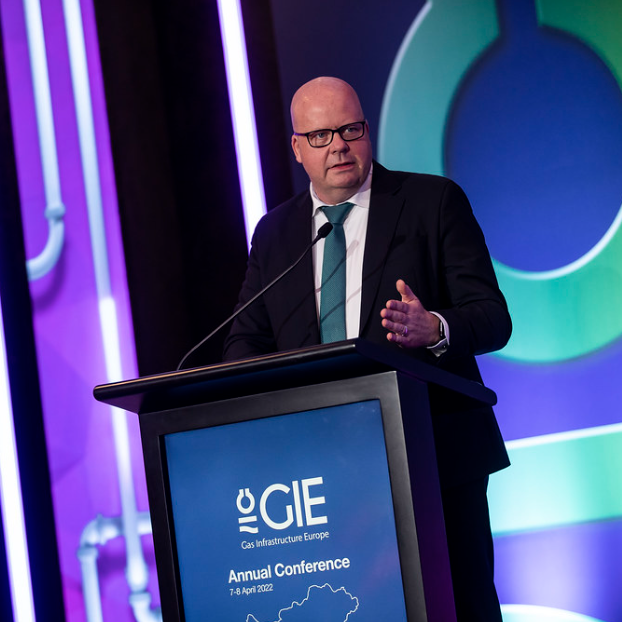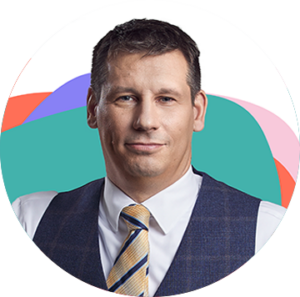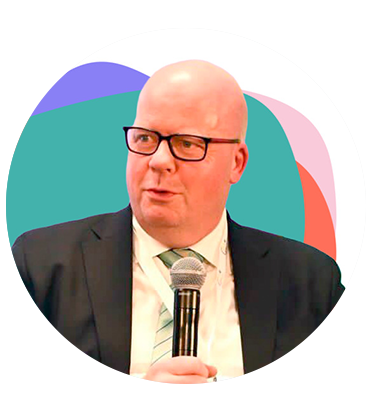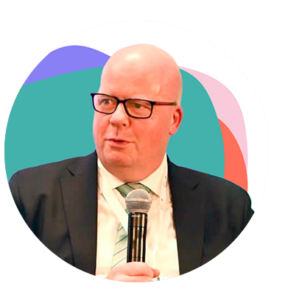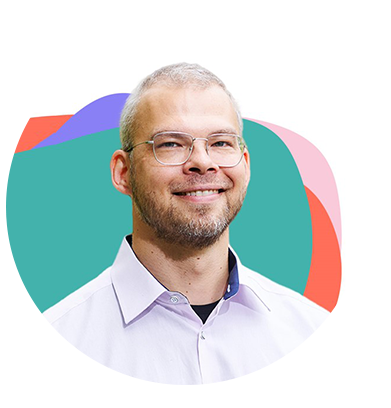
Meet Inés Melchor
Biography
Inés Melchor is currently Head of Guarantees of Origin for renewable gases at Enagás GTS. She is a mathematician by training and, throughout her professional career, has held various positions in the energy sector.
She holds a master in Energy and Electricity Markets by Universidad Carlos III de Madrid, a Big Data and Business Intelligence Program at Deusto Business School and she’s also a graduate of the IESE Business School’s Executive Development Programme (PDD).
Her work at Enagás GTS has always been linked to guaranteeing security of supply and supporting the decarbonisation of the Gas System, whether by forecasting gas demand using statistical models, national and European planning of gas networks and, these days, leading the team responsible for the implementation of the Guarantees of Origin System for renewable gases, which will certify the renewable origin of gases. Enagás GTS is the entity designated to temporarily manage this new system of guarantees.
Inés has participated in different ENTSOG groups. She also worked actively in Europe, collaborating in the development of gas interconnections and coordinating the IT developments carried out in the Technical System Manager, promoting its digitalisation.
What does “#United4EU” evoke for you?
For me #United4EU is about collaboration, creativity and agility.
We are going through a historic moment -the energy transition- which is transforming the world and Europe in particular. In a sector as strategic as the energy sector, now more than ever it is essential to have common objectives and cooperation between countries to achieve the targets of a common energy policy for 2030 and 2050.
In this new energy context, I believe we need to be more agile and look for new working models, aimed at maximising our value-added. It is essential to work in collaborative, inclusive and diverse settings in which different visions, experiences and ideas can be shared, multiplying the potential of the teams, fostering consensual, creative and innovative solutions. In my view, cooperation is the key and the real driver for the development of Europe’s decarbonised energy future, guaranteeing security of supply in a sustainable way.
Do you feel you contribute with your work to the energy transition? If yes, how?
Throughout my professional career I have been, in one way or another, providing solutions to challenges in the energy sector. Right now, our biggest challenge is the energy transition and the promotion of renewable gases, something I do every day as the leader of the team that manages the new Guarantees of Origin system for renewable gases, which will make it possible to certify the origin of renewable gas. These guarantees of origin will give us information on where, when and how the renewable gas is generated, as well as the renewable energy source used.
This is unprecedented! This certification is the first milestone towards the decarbonisation of the Spanish Gas System.
Do you think that the energy transition is accelerating the opportunities to have a greater diversity in the workforce? If so, how?
Yes, I really believe that the energy transition is exponentially multiplying diversity in the energy sector. This is a constantly evolving market, where traditional green energies have been joined in recent years by others such as renewable gases (biogas, biomethane and renewable hydrogen), which offer a sustainable and key solution to address the decarbonisation of the sector.
It is precisely this changing context that I believe has led to an increase in the diversity of teams, leading to more agile, robust and efficient responses. A diverse team is a source of constant learning, if the challenge faced is of great magnitude, having diversity, in its broadest sense, is fundamental and the key to success.
What initiatives is your company driving to create a diverse and inclusive workplace?
Enagás is committed to diversity in its workforce as a way of “creating value” and having a competitive advantage, to the extent that the diverse work teams are more agile and efficient and provide an innovative perspective necessary to face the current challenges.
As part of its commitment to equal opportunities and non-discrimination, Enagás has defined a Diversity and Inclusion Policy around gender, disability, generations, culture, thought and LGTBIQ+ diversity.
Enagás carries out actions in each of the 6 axes of its strategy with the idea that all the people who make up the organization must be responsible for building and supporting an inclusive culture.
Get in touch
LinkedIn


